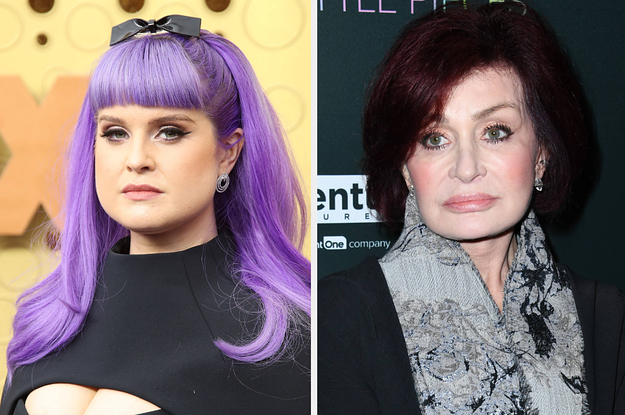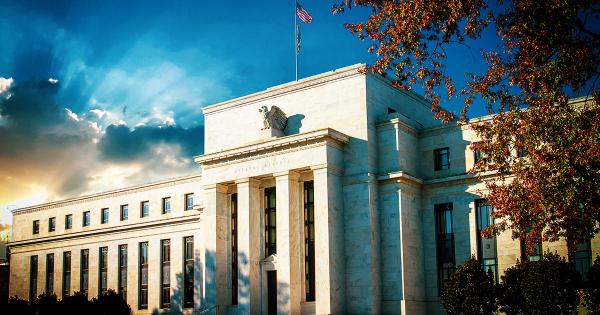
Lawyers for former FTX CEO Sam Bankman-Fried have given proposed jury instructions to the court in advance of jury deliberations and his verdict. These instructions clarify the defense’s legal positions and emphasize their client’s right to be presumed innocent until proven guilty.
Sam Bankman-Fried’s Lawyers Request Specific Jury Instructions Ahead of Trial
In their court submission, Bankman-Fried’s attorneys request the judge instruct jurors that convictions can only be based on defined statutory crimes, not on general immorality. The instructions provide an in-depth description of fraud and details about FTX’s terms of service.
“The terms of service constituted a contract between FTX and its customers, and you must consider what that contract said and didn’t say regarding the legal relationship between FTX and its customers,” the court filing explains.
The defense team for Bankman-Fried includes Mark Cohen, Christian Everdell, David Lisner, and Sri Kuehnlenz. Cohen is the prominent lawyer who defended Ghislaine Maxwell in her sex trafficking trial.
The defense underscores the principle of “good faith,” emphasizing that good faith stands as a full defense even if mistakes were made that resulted in harm to others. The attorneys also urge the court to instruct the jury that seeking legal advice, when demonstrated, signifies good faith.
“Good faith is a complete defense to all of the counts in the indictment, so you should consider this instruction about good faith in determining whether the government has proven each of the other counts of the indictment beyond a reasonable doubt,” the defense’s letter elaborates.
Prosecutors Reject Bankman-Fried’s Line of Defense
On the same day, the prosecution submitted their counter-proposals. They contend that Bankman-Fried’s intention to reimburse clients whose funds he purportedly misused holds no legal bearing. The government seeks an instruction declaring that a belief in repayment doesn’t equate to good faith.
The prosecution also aims to exclude any arguments suggesting Bankman-Fried’s “effective altruism” beliefs or a purported intent to “do good” can justify illegal actions. The government posits that ethical or political reasons don’t serve as a defense against criminal charges. They stated:
Any argument that the defendant lacked wrongful intent because he subscribed to an idiosyncratic philosophy about the morality of lying and stealing, and placed a greater premium on his subjective conception of the long-term good, would be irrelevant.
Furthermore, the government points out the defense’s focus on the terms of service, suggesting it’s “an apparent attempt to suggest that these terms authorized the defendant’s actions.” Prosecutors reject this rationale, emphasizing the jury won’t be tasked with assessing a breach of the terms of service.
Both parties have presented extensive, opposing submissions ahead of the November trial where Bankman-Fried is charged with multiple offenses, including wire fraud and money laundering. These submissions unveil fundamental disagreements on pivotal legal matters at the heart of the fraud case against the FTX founder.
What do you think about the latest filings in Bankman-Fried’s ongoing court battle? Share your thoughts and opinions about this subject in the comments section below.






